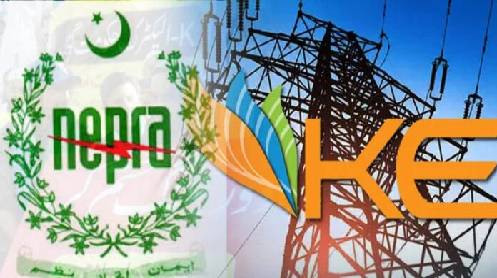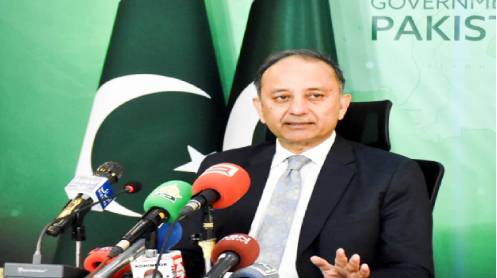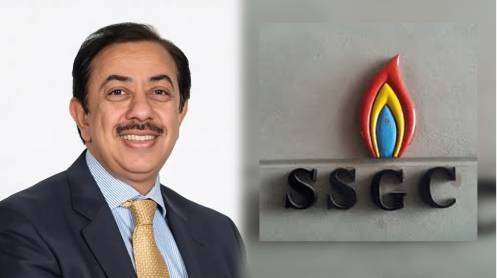ISLAMABAD: The federal government has formally challenged the multi-year tariff (MYT) approved by the National Electric Power Regulatory Authority (NEPRA) for K-Electric (KE) for 2024–30, alleging the decision grants undue financial favour of Rs750 billion to the utility over seven years—at the expense of power consumers nationwide and the public exchequer.
In a statement, the Power Division expressed strong reservations over six specific tariff relaxations allowed by NEPRA, asserting these would cost Rs453 billion through 2030. Additionally, it warned of Rs287 billion in inflated fuel costs over the same period due to KE’s higher-than-national-average fuel benchmarks.
The Power Division emphasized that all power utilities must be treated equally, arguing KE should not receive preferential cost or profit allowances unavailable to other distribution companies. It further called for removal of allowances linked to inefficiency, inflated profit margins, and non-incurred losses, claiming KE was unjustifiably permitted over Rs200 billion in such losses.
A two percent law & order allowance specific to KE—valued at Rs99 billion—and Rs83 billion in capacity payments for idle, costly plants were also contested. The division urged NEPRA to revise assumptions, benchmarks, and performance-based profit margins in line with industry norms and actual operational data.
Additionally, the regulator allegedly approved a fuel cost benchmark of Rs15.99/kWh for KE—much higher than the national average—causing Rs28 billion in FY24 and Rs13 billion in FY25 to be shifted onto the federal budget rather than being borne by KE customers.
The government also criticized a 24% working capital markup, resulting in Rs2.4 billion in excess revenue for KE in FY24, with projections of Rs15 billion over the control period. NEPRA’s allowed loss rate of 13.90%, even higher than KE’s own proposal of 13.46%, was also flagged for enabling additional Rs21 billion in losses due to theft and inefficiencies.
Moreover, KE has reportedly been allowed to retain “Other Income” from fines on contractors, bank interest, and non-core business activities—another benefit not extended to other utilities.
In response, KE CEO Moonis Abdullah Alvi defended the proposed MYT during a corporate briefing at the Pakistan Stock Exchange. He reassured that no additional burden would fall on Karachi consumers under the MYT, stating that uniform national tariff policies ensure equal electricity pricing across the country.
“There will be no special hike for Karachi under this tariff,” Alvi said.
Story by Khaleeq Kiani







